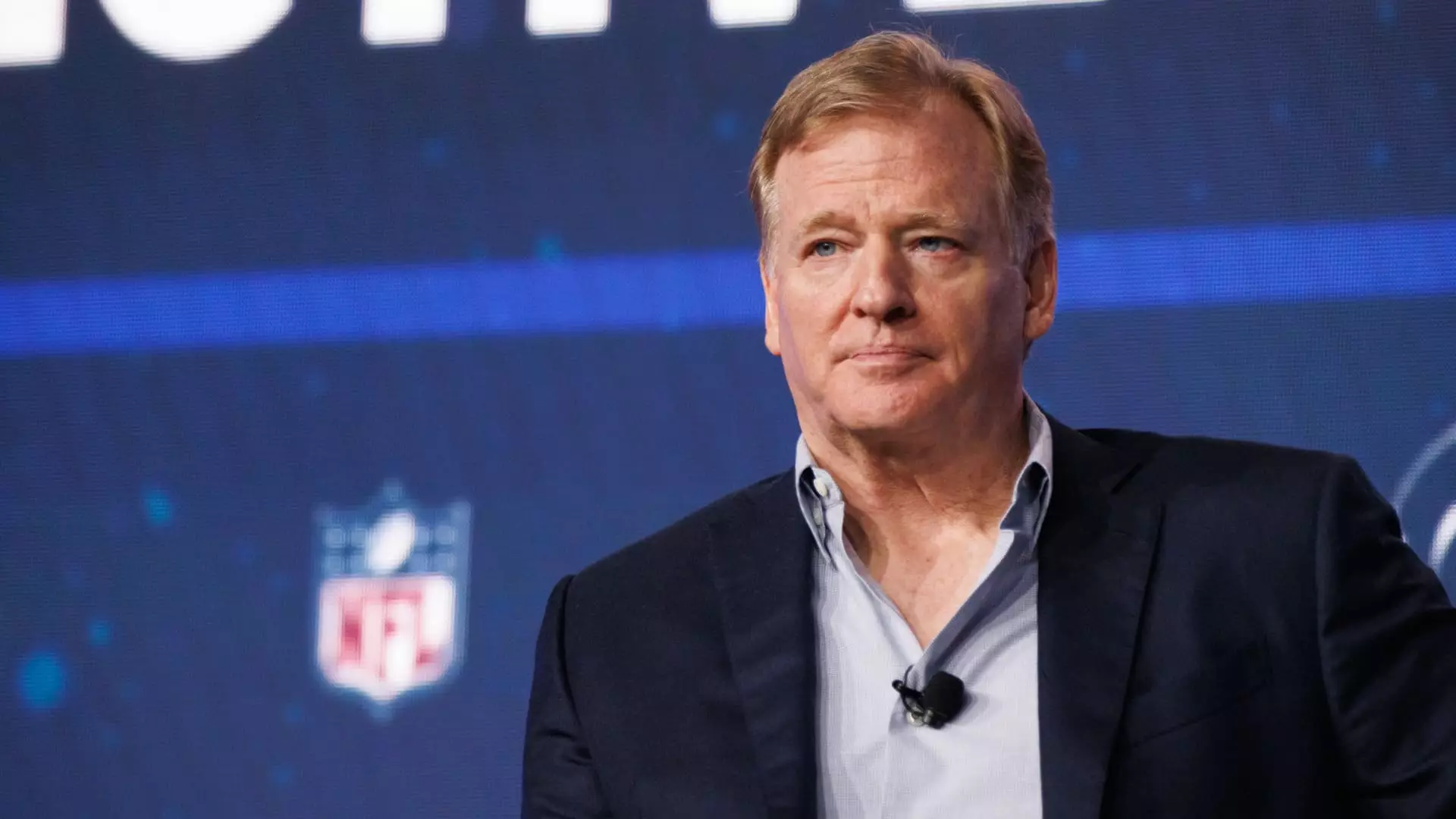The National Football League is contemplating the possibility of introducing minority private equity ownership for its 32 teams, allowing up to 10% ownership for investors. Commissioner Roger Goodell discussed this prospect in an interview with CNBC during Allen & Co.’s annual Sun Valley Conference.
Goodell emphasized the NFL’s desire to adapt its policies in accordance with the evolving landscape of sports. The league has received significant interest from private equity firms and believes that limited ownership by such firms could be beneficial in complementing and supporting the existing ownership structure.
The NFL aims to establish its new ownership policies by the end of the year. The proposed 10% ownership cap is viewed as a starting point, with the potential for an increase in the future. This move signifies a shift from the league’s previous stance of refraining from institutional funds like private equity and favoring individual or familial ownership.
While other major U.S. sports leagues, such as the NBA, MLB, NHL, and MLS, permit private equity ownership of up to 30%, the NFL has been more cautious in embracing such investments. The league’s hesitation stems from its preference for limited partners to be individuals or families, rather than institutional entities.
The escalating valuations of NFL franchises, largely attributed to lucrative media agreements, have made team ownership increasingly exclusive. The acquisition of the Washington Commanders for $6.05 billion in 2023 by a consortium led by private equity executive Josh Harris illustrates the financial barriers that potential owners face.
Private equity involvement in sports ownership can bring a unique set of challenges and opportunities. While the National Women’s Soccer League allows private equity firms to assume majority control of franchise teams, the motivations and dynamics of ownership could be altered by investment targets and exit thresholds.
Investing in minority stakes in sports teams often entails limited decision-making authority. While this may be appealing to private equity investors seeking passive involvement, it also deters individual investors accustomed to greater influence and control. The allure of ownership may be diminished if it comes with minimal engagement in team operations.
The introduction of private equity ownership in the NFL could broaden the pool of potential investors, particularly those seeking opportunities to generate returns on their assets under management. This shift reflects a broader trend in professional sports towards diversifying ownership structures and capital sources.
The NFL’s contemplation of allowing minority private equity ownership represents a significant departure from its traditional ownership model. By embracing this change, the league may foster increased investment, innovation, and financial growth while navigating the complexities of integrating institutional investors into the world of professional football.


Leave a Reply